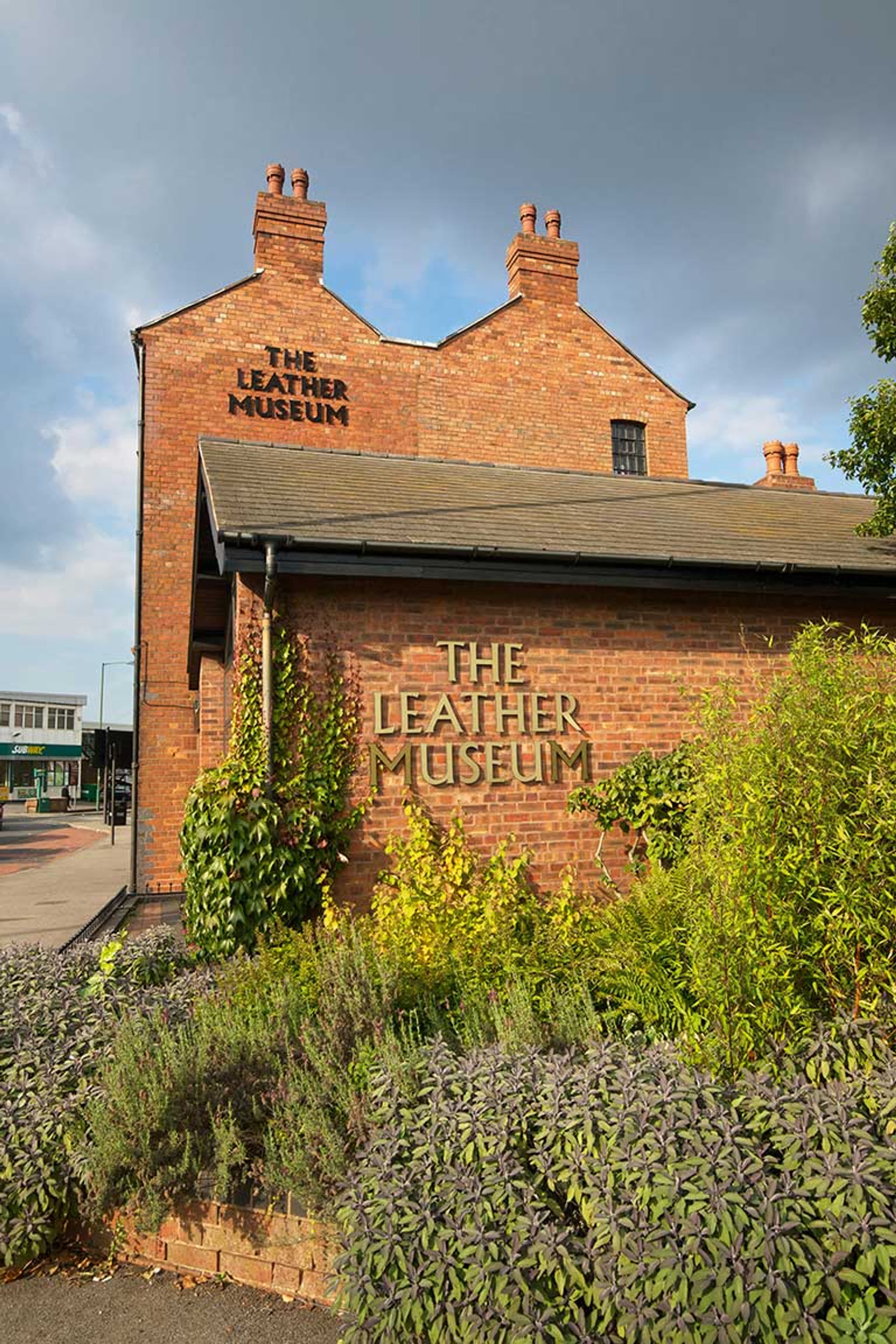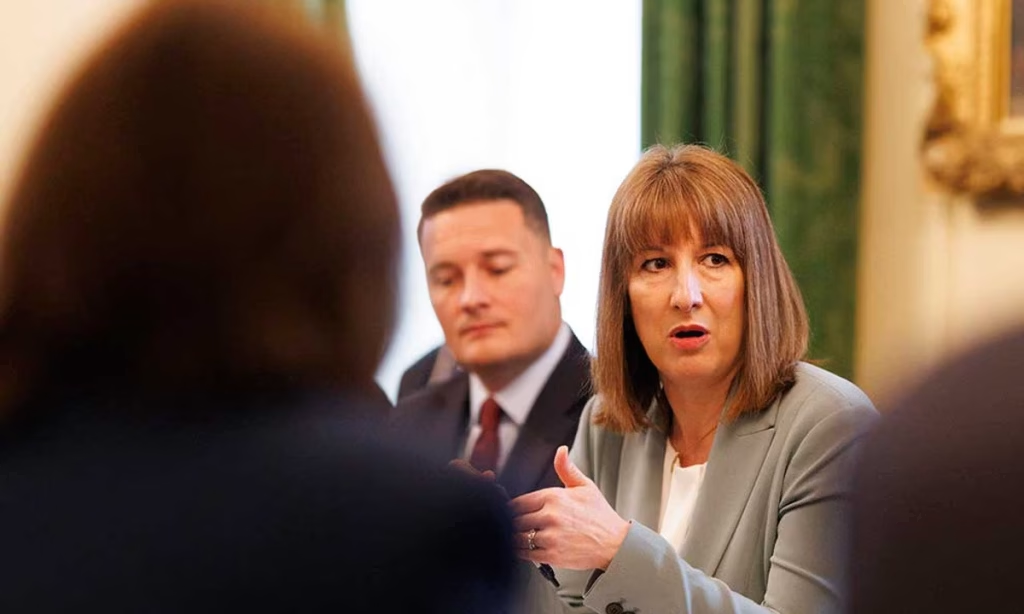Following panicked assessments that one in five councils in England were on the verge of bankruptcy, in December 2024, Chancellor Rachel Reeves set in motion a radical programme of local government reform. The UK Labour party would, she said, “get councils back on their feet” by providing long-term financial stability, simplifying and strengthening local governance structures and deepening devolution.
One year on, museum professionals and cultural policy experts are paying close attention. The changes are ambitious, if confusing. Bethany Rex at the University of Warwick has done extensive research on museum funding at the local government level. “It seems that local government gets more complex even as it seeks to simplify,” she says. There are few guarantees the changes will yield the financial solutions so desperately needed.
It seems that local government gets more complex even as it seeks to simplify
Bethany Rex, researcher at University of Warwick
In June, the head of Arts Council England, Nicholas Serota, warned that institutions were at a “tipping point” and without more public investment, many could close or restrict their operations. “We’ve gone right down to the bare bones. We’re in the sub-sub-basement level,” is how Kirklees Museums and Galleries manager Deborah Marsland put it. Speaking to the researchers Tamara West and Rafaela Neiva Ganga in a rapid evidence review for the Department for Culture, Media and Sport (DCMS) on the impacts of changes to local authority funding, Marsland said any further cuts would result in a “wholesale loss” of the services her institutions provide.
Labour is abolishing all two-tier areas (where services are divided between a county and district council), in favour of larger, unitary authorities. The idea is that this will make things smoother and more cost-efficient.
In October, Sarah Brown, the director of the contemporary art space Lightbox, in Woking, learned that Woking borough council is being folded into West Surrey, one of the two new unitary authorities into which the county’s existing 12 councils are being collected. In addition, communities secretary Steve Reed announced the government would be writing off £500m of Woking’s £2.1bn debt, in part to smooth out that process.
The Lightbox in Woking Graham Prentice/Alamy Stock Photo
For Woking, this is welcome news. In 2023, the council effectively declared bankruptcy and cut all discretionary spending. Lightbox lost £284,000 in council funding for 2024-25, a third of its income. “It’s been an absolute roller coaster,” Brown says. “We have now signed a three-year contract with Woking borough council. Whilst it’s 15% of our turnover—and they were supporting us to 40%—it at least gives us stability for the next three years, during which the local government reorganisation is taking place. We can plan.” She says Lightbox is still operating “at a minimal viable position”. The team is much smaller (16 staff, all part time), the museum is open for one less day, its commercial activities have vastly increased and its entry fees have risen. “Our priority has been to demonstrate what a valued and important resource we are for the region,” she says. “We’re not sitting back. We’re working incredibly hard to develop and grow.”
Woking’s uniquely dire finances mean the government stepped in with precisely the kind of “substantial additional funding” the Institute for Government’s (IFG) Public Services Performance Tracker 2025 report says is needed. Not all councils, and the institutions that depend on them, have that level of clarity.
Portsmouth’s museums do not yet know which council they will operate under. In September, Portsmouth city council formally rejected the idea of local government reorganisation (it voted, the press release stated, for central government “to leave the city alone”). It also acknowledged it may not have a choice. When asked what would be better for the city and its museums, a council spokesperson said, “it’s too early to say what impact potential changes might be on future culture funding”. In its draft Statement of Accounts for 2024/25, the council emphasised the “climate of uncertainty” in which it is operating, citing inflation, cost-of-living increases and the ongoing review of the local government funding system. Its budget for 2025/26 was balanced, it reported, only by “relying on ‘one-off’ funding sources and leaving an underlying deficit of £4.4m”.
Kirklees, by contrast, has long been a unitary authority. But, as West and Neiva Ganga found in their DCMS review, its museums “have not had an easy decade”. Council funding cuts in 2012 and 2017 reduced their budget by a cumulative 79% and their service income targets for 2024 were raised by £47,000, which, the authors explained, represented a further 7% decrease in funding.
Yet, more cuts do appear to be in the offing. The IFG’s report says that despite sustained increases through the 2020s, wider local government funding in 2028-29 is set to be lower, in real terms, than it was in 2009-10. It warns that the reorganisation “will distract from service delivery during this parliament and is not guaranteed to deliver savings” and says there is a risk that “without substantial additional funding, the pattern that emerged during the 2010s—local authorities living in a perpetual state of financial uncertainty—will continue”. That is not a prospect that any museum director, who depends on the kind of non-statutory funding that can be cut, will lightly countenance.
Devolution revolution
Alongside local government reorganisation, Labour is also introducing a nation-wide network of strategic authorities in a bid to devise stronger local economic strategies. These will join existing combined authorities, including West Midlands and Liverpool City Region. This, experts say, has potential, both good and bad. West says being part of a combined authority affords local councils “networks of support, skills development, and an amplified voice when needed”. But combined authorities do not necessarily have discrete culture and heritage budgets via their devolution agreements, and heritage organisations must sometimes compete for wider funding schemes. “That sense of competitiveness might work against some smaller or less connected organisations—those that don’t feel they have the capacity or fit,” she says.
Rex questions whether these new strategic authorities will understand “culture” in terms broader than economic growth—and whether they will come with new money for culture at all. “Based on my research, I’d be watchful of whether investment is channelled into one-off events or larger cultural institutions in larger cities contained within these combined authorities, perhaps meaning that other forms of culture continue to struggle.”
Ben Walmsley, a cultural policy expert at the University of Leeds, points to a further “obvious danger” of “what Reform UK-led authorities would do with culture, currently a big unknown”. The far-right party won its first seat on Walsall Council in September, following earlier wins in Warwickshire, Staffordshire and Worcestershire. “Regardless, as the public purse strings tighten, culture is at risk of swingeing cuts if it isn’t protected or made statutory, particular in single settlements to the new strategic authorities.”
Walsall sits within the West Midlands combined authority. In October, local residents started a campaign to save what they termed the town’s “last remaining heritage asset”, the Leather Museum. The council decided to repurpose the 19th-century building, citing the need to “increase footfall and improve [its] offer, so it provides value for money”, a spokesperson says, insisting there are no plans to close the museum but that there is no new home for it yet.

The Leather Museum is under threat from Walsall council Jon Lewis/Alamy Stock Photo
According to VisitBritain’s annual attractions survey in June, museums and galleries are showing “the greatest continued shortfall” in visitors “compared to pre-pandemic levels, having suffered one of the sharpest declines and limited recovery over the last 12 months”.
A spokesperson for Arts Council England says: “As the national museums’ development agency, it is our responsibility to advocate for their value in public life and to work with central and local government to continue to make the case for sustained investment in museums.”
